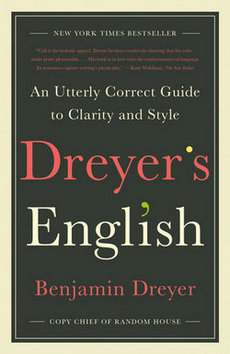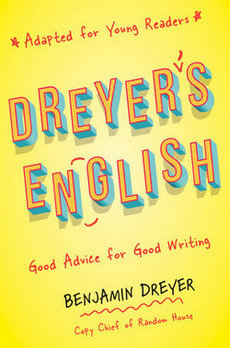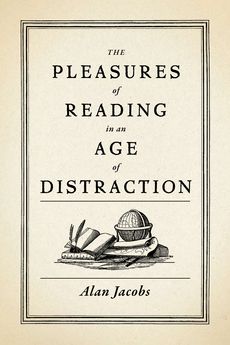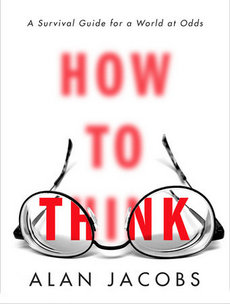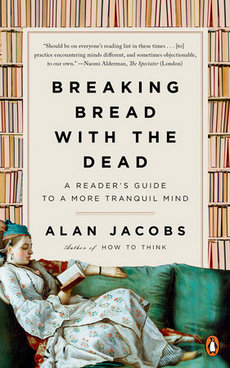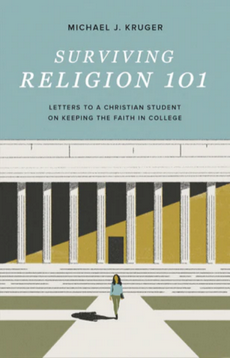
by C. S. Lewis
DETAILS:
Publisher: William B. Eerdmans Publishing Company
Publication Date: October 22, 2014
Format: Paperback
Length: 230 pg.
Read Date: January 1-3, 2025


A Bit of Personal History (feel free to skip)
Back in ’91 or ’92, I saw a copy of The Pilgrim’s Regress on a bookstore shelf. I was in a “read everything by Lewis you can get your hands on phase,” so I instantly picked it up. But the back of the book talked about it as the modern equivalent of Bunyan’s The Pilgrim’s Progress in a way that I figured I should read Bunyan before it.
It took me a little while to track down the Bunyan (the toilsome times before online bookshops), and by the time I worked my way through it, the bookstore didn’t have that copy any more and I was distracted by other things.
I’ve often thought about trying this book since then—but it wasn’t until I started thinking about this project that I finally combined ambition with general curiosity.
What’s The Pilgrim’s Regress About?
This modern-retelling of The Pilgrim’s Progressis an allegory about a man named John on his journey from childhood exposure to religion in Puritania to an Island of pleasure. Along the way, he has to deal with several physical, spiritiual and itellectual challenges to take him away from his journey (pretty much like Bunyan’s Christian).
This was the first thing that Lewis wrote after his conversion, and it’s considered to be an intellectual biography of that journey.
Basically, think Bunyan for the early 20th Century and you’ve got it.
A Couple of Things That Helped Me
Early on, John encounters a “brown girl” who distracts him from his interest in—or at least pursuing that interest. They begin a sexual relationship, which goes awry and causes some serious problems for John (actually, that entire relationship from her introduction on is a serious problem.) I was pretty sure that Lewis wasn’t making any kind of ethnic characterization or anything, but it’s hard to shake the feeling. Thankfully, reading this blog post by a Lewis expert made me feel so much better (and shows I was on the right path in general with it). I’d explain it, but Dr. Hurd does it better.
The other thing that helped was the afterword that Lewis wrote for the Third Edition, ten years after the original publication. He points to some flaws, or at least things he could’ve done better. I agreed with most of his self-diagnosis, and at least one point, his explanation made me understand an aspect of the book (and, yes, he was right to critique himself).
So, while I’m glad for the additional things that helped me appreciate the book, I trust that with very little effort, I could find more. I shouldn’t have to look to these kinds of things to appreciate a book. To gain a better understanding, sure. But to move me from “meh” to “okay, that wasn’t that bad/objectional” should come from the text itself—not from others.
So, what did I think about The Pilgrim’s Regress?
It’s been almost a century since this was first published, and I cannot decide if it’s a good thing or not that so many of the characters and ideas John encounters are still relevant and identifiable (although some details may have altered a bit). The reader can see that these intellectual movements are nothing new—sadly, many of them haven’t been forgotten. One of the best things about reading theological works written generations before me is wondering exactly what the author is targeting (or why they’re bothering)—but the ideas that Lewis wants to confront are still in his readers’ lives. Probably even more than they were for him.
The beginning of the book seemed promising with an uncaring and cold clergy, parents who were off the mark, and so on—I thought John’s journey would lead us to a correction of or confrontation with these things. But no, we get the brown girl and then things go far from where I thought we were going. Naturally, I don’t mind that—but I would’ve appreciated something more definitive. That’s personal taste, though.
Like many allegories, particularly Bunyan’s, there is nothing subtle about The Pilgrim’s Regress. That doesn’t mean it’s not good, or that it’s so clear always that there’s no thinking involved, but, wow—it does tend to feel like it’s hitting you with a brick when John encounters a new person/idea.
Am I glad that I read this? Yes. So I can see Lewis’ development as a writer, to satisfy a certain curiosity in general, and to cross off a decades-old item from my “To Read List.” For people who don’t have at least two of those motivations to pick this up, I can’t really recommend it. I’m not sure I really can for those who do have those motivations—but it satisfies those particular itches.
Is this bad? By no means. It’s not good either. I did particularly enjoy certain lines, scenes, or encounters. I thought some of the ways that Lewis framed the better alternatives to be refreshing and helpful. But overall this really did nothing for me.

This post contains an affiliate link. If you purchase from it, I will get a small commission at no additional cost to you. As always, the opinions expressed are my own.

![]()




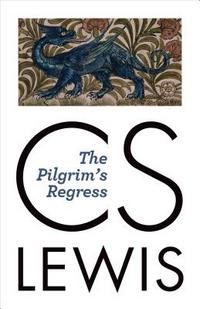



 I actually used to know someone who’d borrow books from me and then end up buying me a new copy of whatever book they borrowed because they just had to write in something they read. That actually worked out pretty nicely for me.
I actually used to know someone who’d borrow books from me and then end up buying me a new copy of whatever book they borrowed because they just had to write in something they read. That actually worked out pretty nicely for me.